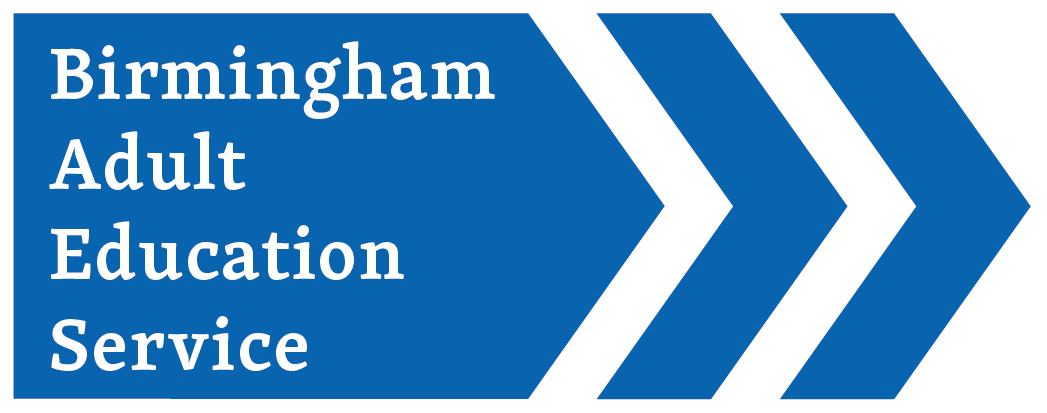Sewing Skills - Intermediate / Intermediate + / Advanced
Learning aspects – Key Skills / Techniques / Outcomes
Subject techniques: Developing sewing skills to construct a basic pair of trousers
Tools/ equipment: Learners will need a basic sewing kit including - sewing needles, sewing thread, scissors, tape measure, tailors chalk, seam ripper, pins, sewing box to store sewing kit in. As term progresses: a sewing pattern, fabric & notions will also be required for your chosen project. Access to a sewing machine at home is desirable but not essential.
Stationary requirements: An A4 lever arch folder, plastic sleeve poly-pockets, pens, pencils, eraser, A4 lined paper, paper glue, access to internet plus laptop / tablet /smartphone.
Research + enrichment: The history and cultural origins of the trouser. Fashion styles of trousers. The key block shape of the trouser, trousers style features and sewing terminology.
Sustainability: Developing an understanding of and strategy to source sustainable fabrics and notions. Develop working methods that foster sustainability, create eco-friendly garments and understand how to care for garments to minimise their impact in the environment.
Project / Product outcome
Program teaching is delivered through a blend of classroom teaching and online learning, for example:
- Tutor demonstrations
- Practical activities
- Research discussions
You will be expected to work independently and engage in group tasks in order to develop your skills and knowledge. The course covers a range of techniques, skills, sustainability an awareness of employment other opportunities in the subject. You will be expected to undertake work at home as well as during the workshop class time.
This terms focus will be on Trousers. During the course you will explore - The history, origins and fashion styles of women’s trousers in Europe and the rest of the world. You will gain an understanding of the key block shape of the trouser, investigate and sample key trouser features (e.g Pockets, waistbands & zips) and learn trouser sewing terminology. You will research, prepare, layout, cut and construct a pair of trousers using a commercial pattern.
You will prepare a project plan and construct a pair of trousers. Each student will negotiate what they make with their tutor based on the learners experience and learning goals. The trouser construction project could be; PJs, Palazzo pants, tailored trousers, cargo pants, leggings, jogging pants, collets or shorts for adults or children.
On completion of this course you will be able to:
- Outline the history of the trousers and describe at least 5 different styles of trousers.
- Create samples of at least 2 key feature of a pair of trousers
- Construct a pair of trousers
Suitability
Level: Intermediate / Advanced
A good level of written and spoken English and Maths is required to undertake the course as you will be required to take notes, undertake research and written tasks and make mathematical calculations. A basic level of It skills is also needed to undertake research task, write assignments and access the online elements of the course.
A good basic level of sewing skill is required. You will have a short initial assessment at the start of the course to ensure that it is suitable for you.
Course length
Course lengths vary. Please check the BAES web site www.learnbaes.ac.uk BAES Learning Directory, visit or telephone one of our adult learning centres for details of dates and start times.
Next steps
It could lead to further courses in Textiles, Fashion and Garment construction at higher levels.
Your responsibilities as a learner on this course
To ensure that you gain maximum benefit from your course you will need to attend all sessions, be punctual and bring the correct materials to each session. A commitment to working independently outside the classroom is required.
Costs – Additional to course fees
Tools and equipment are available for your use at the centres. However, you will need to purchase some tools and materials for your project.
The additional course costs will vary £ 20 - 45 depending on the size of the project you are making, this will be discussed with you at enrolment.



